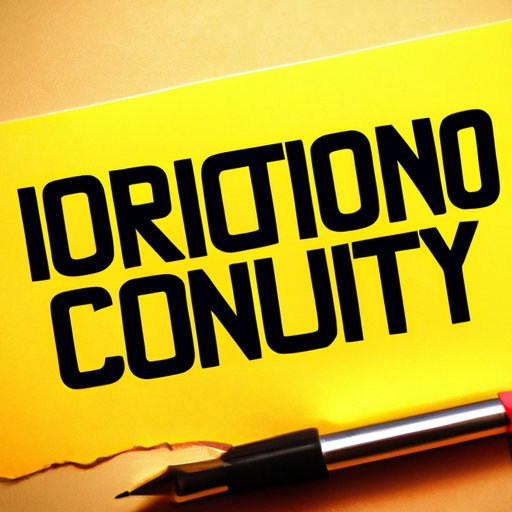Understanding Corruption: Types, Impact, Prevention, and International Solutions
Corruption is a complex phenomenon that undermines economic growth, undermines trust in institutions, and represents a significant obstacle to the attainment of sustainable development goals. It undermines democracy and the rule of law and represents a significant challenge to the stability of societies. In this article, we explore corruption in-depth, including its definition, impact, case studies, historical overview, corruption prevention strategies, the role of technology, and international solutions.
Defining Corruption
Corruption is the abuse of power for private gain. It involves the use of entrusted power for private gain, which is illegal, unethical, and violates the public trust. Corruption takes many forms, including bribery, embezzlement, nepotism, and patronage, among others. It occurs in several sectors, such as education, health, defense, and procurement, among others. Some common features of corrupt practices include secrecy, discretion, and impunity.
Impact of Corruption
Corruption has far-reaching effects on society and the economy. It undermines the integrity of institutions, erodes public trust, and reduces the quality of services. It also exacerbates poverty and inequality and diverts scarce resources from essential public services. Corruption can have severe consequences for human rights, health, and security. It also hinders foreign investment and economic growth.
Case Studies of Corruption
Corruption is not limited to a specific country or region. It is a global phenomenon that affects both developed and developing countries. Many instances of corruption have been investigated and reported worldwide, such as the Watergate scandal in the US, the Siemens bribery scandal in Germany, and the Brazilian Petrobras scandal. These examples illustrate that corruption can take various forms, affect multiple sectors, and have significant consequences.
Historical Overview of Corruption
Corruption is not a new phenomenon. History has instances of corruption in ancient times. Many civilizations had laws to punish corrupt officials, indicating that corruption was prevalent even then. However, corruption has evolved over time, becoming more sophisticated and complex. Its impact has also increased as societies have become more interconnected and interdependent. Lessons learnt from the history of corruption underline the importance of combating corruption through a sustained and coordinated effort.
Corruption Prevention Strategies
Prevention of corruption is crucial in addressing the issue. Corruption prevention requires a comprehensive approach that includes transparency, accountability, participation, and enforcement measures. Effective prevention strategies must be tailored to specific contexts and sectors and ensure that regulatory frameworks are in place, particularly in public institutions. These strategies require the participation of all stakeholders, including the government, civil society, and the private sector.
Role of Technology in Fighting Corruption
Advancements in technology have provided new opportunities to combat corruption. Technology-based solutions can increase transparency, accountability, and participation in governance processes. For example, e-government platforms, social media, and online reporting systems can enhance access to information and increase accountability. However, technology is not a panacea and may also pose certain risks, such as the concentration of power in the hands of a few and threats to privacy.
International Solutions to Corruption
Corruption is a global challenge that requires a concerted effort at the international level. International anti-corruption initiatives have been established to tackle corruption and promote good governance. These initiatives aim to improve transparency, accountability, and participation in governance processes. The effectiveness of these initiatives in combating corruption has been mixed, with some successes and challenges.
Conclusion
Corruption is a complex issue that undermines sustainable development, democracy, and the rule of law. It affects countries at all levels of development and requires a comprehensive approach towards prevention and reduction. Addressing corruption requires a concerted effort from all stakeholders, including governments, civil society, and the private sector. We must all take part in curbing corruption to create a better future for all.
